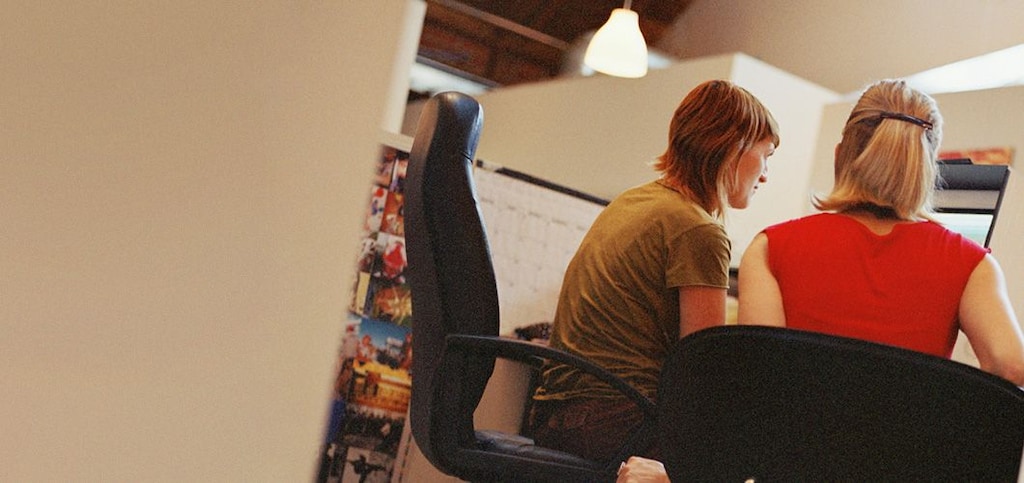Your business partner, in many ways, is like a spouse. You need to trust this person with everything from your finances to your dreams.
"If you think about the time spent with together every week, it may actually be even more of a commitment," says Brian Schutt, co-founder at Homesense Heating, a residential-focused heating, ventilation and air conditioning firm in Indianapolis.
Choose wrong, Schutt warns, and your new venture will become a nightmare.
There's no secret formula for finding the right co-founder. Different people are suited for different types of partnerships. Use these business owners' tips to help you find your perfect partner.
1. The Spouse
Fauzia Burke worked in the book publishing industry for more than 18 years when she started dabbling in online marketing. She quit a great job to follow her heart and launch FSB Associates, recruiting her employer as her first client.
Within a year, Burke found herself with more responsibilities than she could handle, so she recruited her husband to join her.
"People told me never to work with family, and that's not bad advice, but in our case it worked," Burke explains. How did they make it work? The positive working relationship stems from the couple's complementary skill sets. Each brings something different to the table, which helps them divide and conquer responsibilities.
"Building a family and a business together has only made us closer," she says.
2. The College BFF
Greg Stallkamp and his co-founder of Lakeshore Express Airlines became friends in college more than a decade before going into business together. The two shared an entrepreneurial mindset—persistence, a desire to create value and a willingness to take risks.
Together, the two friends built a regional airline service in the Midwest. The company's value proposition is a simplified travel experience that alleviates parking hassles and long wait times.
Stallkamp recommends that small-business owners pick partners with whom they have shared life experiences. "Together you need to form a team, not just a shared set of experiences and skills," Stallkamp says. "If at all possible, it helps to have a background with your co-founder and experience beyond this single entrepreneurial effort."
3. A Chance Connection
Danny Boice met his co-founder John Bracken through a chance connection in 2011. At the time, Bracken was doing business development for AOL and Boice was an executive at The College Board. Boice convinced Bracken to come work on his team.
"John agreed," says Boice. "But, as expected, after about a year we both grew fairly disgruntled at a large corporation given our backgrounds as startup founders and serial entrepreneurs."
The two started brainstorming ideas, and Speek, a conference call and VOIP platform, was born.
"To date we've raised $2.6 million in seed funding, have had hundreds of thousands of people do calls and have hosted tens of millions of minutes on our system," Boice says. "We currently have 16 employees and are growing like crazy."
Boice recommends that co-founders invest the time in an extensive getting-to-know-you process. "John and I spent a year working together on a daily basis and really hit it off quickly," Boice says. "I even think knowing someone for a year is short unless you really have a great rapport."
Ritika specializes in business, marketing, entrepreneurship and tech. She writes for Forbes, Investopedia, Business Insider, CMO and the SAP Innovation Blog.
Read more articles on business partnerships.
Photo: Getty Images




